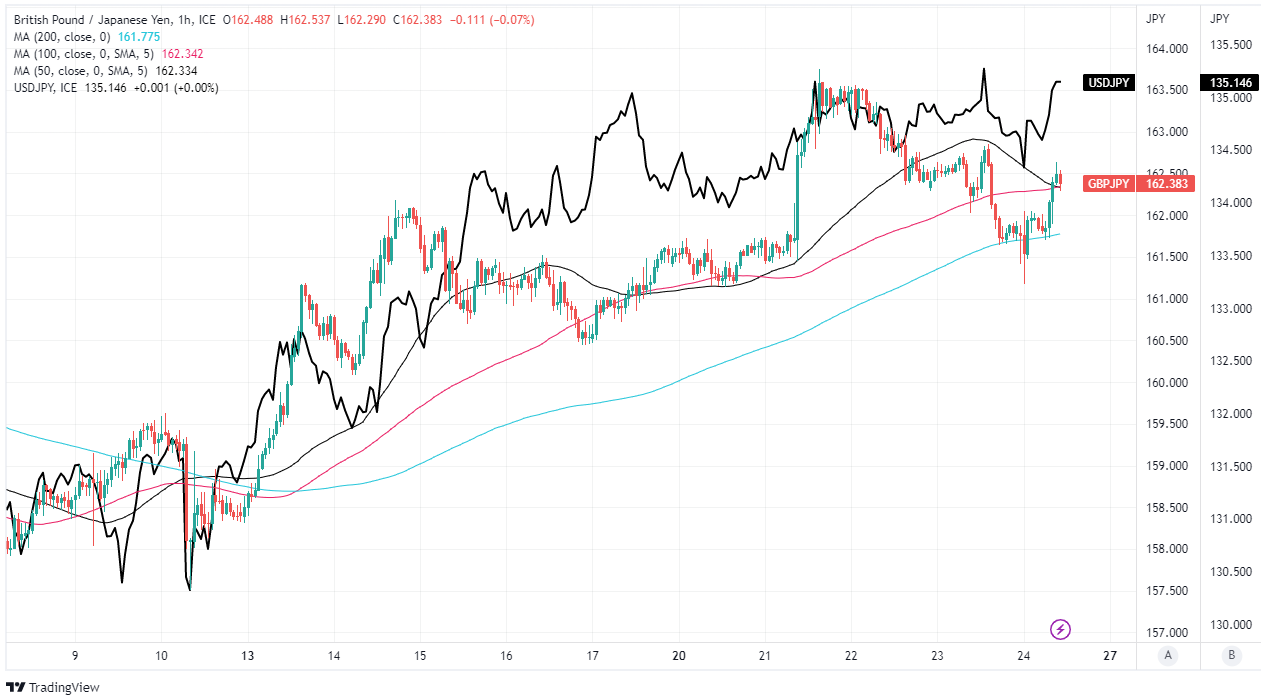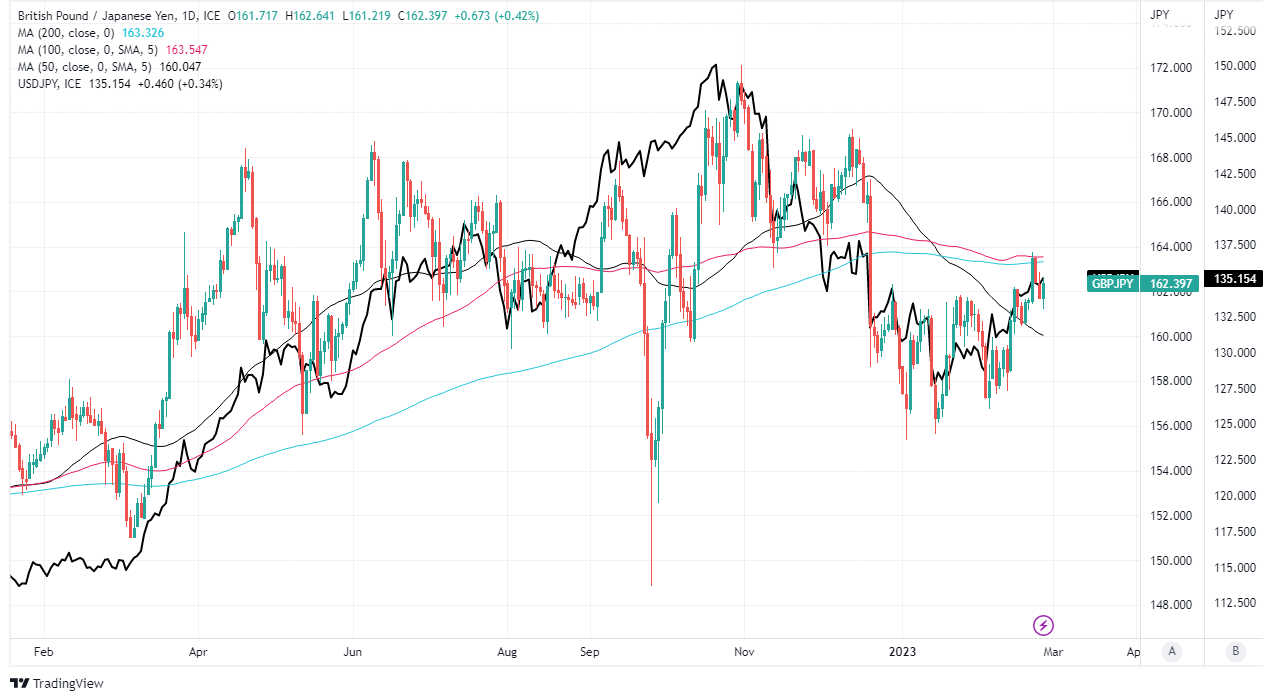Japanese Yen Risks Becoming Coal in the Currency Market's Fireplace
"It leaves the yen vulnerable to further a correction lower while yields outside of Japan are rising again in anticipation that the Fed and other major central banks may have to deliver more rate hikes to bring inflation back down," - MUFG.
Image © Leonid Andronov, Adobe Stock
The Japanese Yen was close to the bottom of the major currency bucket in the final session of the week but risks further losses and underperformance in the weeks ahead due to rising inflation and the resolutely loose monetary policy stance being maintained by the Bank of Japan (BoJ).
Japanese exchange rates were some of the biggest fallers in the G10 and G20 groupings on Friday after the official Statistics Bureau released January inflation figures and the newly incoming Governor of the BoJ shared some of his own views on present policy topics with lawmakers in Tokyo.
"He thinks the right path forwards is to continue monetary easing while devising ways to respond to the current situation. In other words, we should expect more tinkering with yield curve control, but not tighter monetary policy," says Kit Juckes, chief FX strategist at Societe Generale.
"I suspect tinkering with yield curve control will end up being as unsuccessful as the UK’s attempts to tinker with sterling’s peg in the ERM but for now, yen bulls get no near-term encouragement. He also dismissed the rise in inflation," Juckes writes in Friday market commentary.
 Above: GBP/JPY at hourly intervals alongside USD/JPY with selected moving averages. Click image for closer inspection.
Above: GBP/JPY at hourly intervals alongside USD/JPY with selected moving averages. Click image for closer inspection.
Juckes said on Friday that the only reason the USD/JPY exchange rate has not yet reached the 140.0 level is the Thursday decline in U.S. government bond yields, which took place against a backdrop of falling international stock markets and risk aversion among investors.
But it is possible, if not somewhat likely, that further increases in USD/JPY and other pairs like GBP/JPY may be just a matter of time in light of the BoJ monetary policy stance and recent developments elsewhere that have seen expectations for interest rates rising almost across the board in Europe.
"It leaves the yen vulnerable to further a correction lower while yields outside of Japan are rising again in anticipation that the Fed and other major central banks may have to deliver more rate hikes to bring inflation back down," says Lee Hardman, a senior currency analyst at MUFG, Japan's largest of lenders.
"USD/JPY is currently testing resistance at the 135.00 level which if broken would open the door for the pair to rise back up towards the 200-day moving average that comes in at just over the 137.00 level," Hardman adds.
 Above: GBP/JPY at daily intervals alongside USD/JPY with selected moving averages. Click image for closer inspection. (If you are looking to protect or boost your international payment budget you could consider securing today's rate for use in the future, or set an order for your ideal rate when it is achieved, more information can be found here.)
Above: GBP/JPY at daily intervals alongside USD/JPY with selected moving averages. Click image for closer inspection. (If you are looking to protect or boost your international payment budget you could consider securing today's rate for use in the future, or set an order for your ideal rate when it is achieved, more information can be found here.)
There is said to be deep scepticism in Japan of the notion that inflation could be sustained at levels consistent with the BoJ's 2% target on a sustainable basis due in part to several decades of diminished economic growth and subdued price pressures.
But many analysts and economists say this view is likely mistaken, citing a combination of the monetary stimulus provided in all economies during the pandemic and the subsequent Russian invasion of Ukraine, which lifted commodity prices through a metaphorical roof last year.
"Larry Summers told Bloomberg we should think of Kazuo Ueda as ‘Japan’s Ben Bernanke’ because they attended MIT at the same time and had the same thesis advisor. Whether that’s an encouraging thought is up to you to decide, but I once wrote a fairy tale about a young saxophonist who declared the inflationary dragon to be dead when it was only sleeping," Juckes said on Friday.
"Yen bulls got no help from Mr Ueda, nor did they get any from the latest weekly securities flow data. Japanese investors bought Y2.7trn in foreign bonds last week, the most in a single week since early 2020 and a third week in a row of net buying. The only thing preventing USD/JPY from continuing to retrace towards 140 is the dip in Treasury yields yesterday," he also later added.

